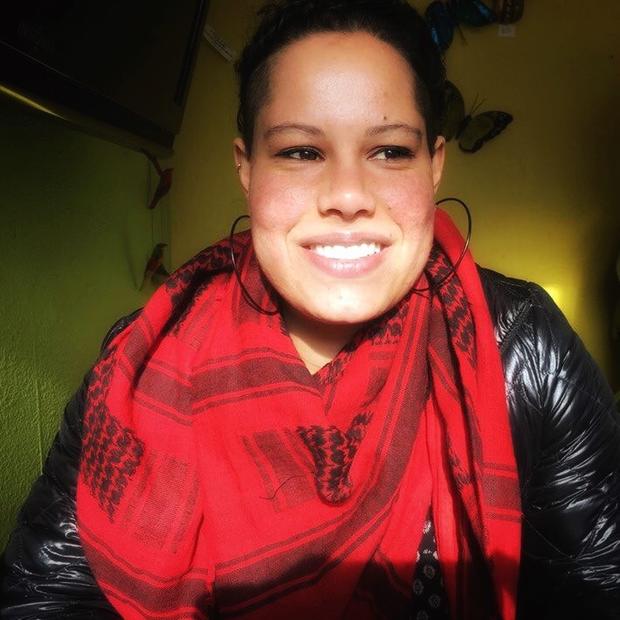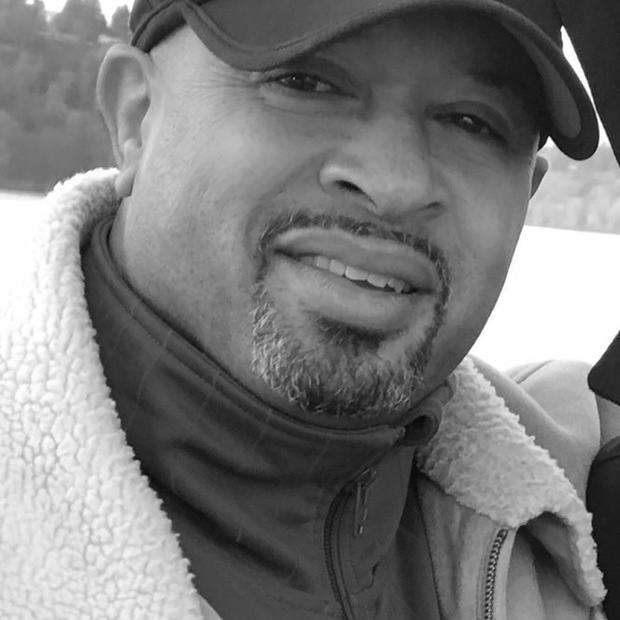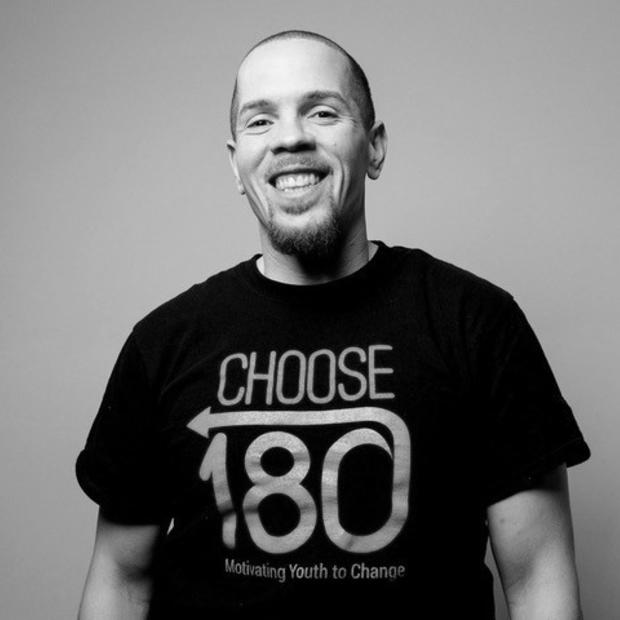These are direct quotes from the young people we work with every day. Most of them are Black or brown; all of them are living in poverty; and all of them have experienced, or know someone who has experienced, traumatic encounters with police. In our capacity as advocates and leaders of community organizations, we see the aftermath: the bruises, the K-9 dog bites, the fear instilled at the mere sight of officers. We see their tears as they recount stories about the officer who pepper sprayed them while they were handcuffed and pushed their face down on the hood of a car. We hear how they cried in the back of the patrol vehicle — alone — saying, “I can’t breathe.” We hear how the officers, laughing outside the car, insulted their dignity and stripped away their humanity.
The trauma of these moments become anchored in the psyche of our youth. The tragic result is an imbalance of power that prevents a child from feeling that they are entitled to certain rights — morally and legally endowed to all of us — when standing in the shadow of law enforcement. Studies show that youth, whose minds are still developing, are more vulnerable to police coercion and have a more difficult time understanding, asserting and protecting their rights. To ensure youth, especially Black and Native youth and youth of color, do not waive their rights because they are too scared to assert them, they need and deserve the opportunity to talk to a lawyer when detained by police before waiving their rights. As other states and cities, including San Francisco, have done, Seattle and King County should ensure that this right to counsel make clear the rights youth under the age of 18 have in terms they can understand.
Anyone of us can be intimidated in the presence of armed police officers. But our young people are particularly vulnerable, especially those who have experienced or witnessed police violence themselves or whose communities have been traumatized by disproportionate racist policing practices. Studies from recent decades demonstrate that juveniles waive their Miranda rights at a rate of roughly 90%, which some researchers say reflects a lack of understanding of one’s rights, an inability to invoke those rights effectively due to a lack of understanding or fear, and less life experience that would equip young people with more knowledge about their rights and confidence to assert those rights.
Instead of knowing their rights, it is the names of those who have been killed by police that are most familiar to our children who are overpoliced. Damarius Butts, Giovonn Joseph-McDade, MiChance Dunlap-Gittens, Tommy Le, Jesse Sarey and Malik Williams: These are the names of young people who have lost their lives at the hands of local law enforcement between the years 2017 and 2019 (the victims range in age from 17 to 26). For many of our youth living in poverty, these names have much greater relevance than Miranda. Out of a desire for survival, our kids who come in contact with police consent to searches of their bodies and belongings, and voluntarily answer questions without ever considering their rights.
When we explain to young people that they do have rights, they look at us confused.
“That’s not how it works,” they say. Or, “I couldn’t have a lawyer right then.” One young person we know thought that to “waive” a right had something to do with actually waving a hand.
These are children who don’t see police as individuals, but as a brutal authority not known for the safety and protection they purport to provide but rather for the harm they have done to people our youth love. These are children who want to make it safely home to their families, go to school the next morning or play at a park with their friends. These are children who live in areas that are overpoliced and, as a result, are disproportionately engaged by law enforcement for what is often typical adolescent behavior for which their white peers are not criminalized.
Police officers disproportionately stop and seek charges on youth of color in King County’s juvenile legal system. In 2019, approximately 86% of the youth jailed and, in 2018, 73% of the youth charged were Black, Indigenous or other youth of color. Due to generations of racial violence and criminalization, Black youth especially have good reason to fear and distrust both law enforcement and the legal system.
Our kids deserve to be treated as kids. Ensuring that all children under 18 have the opportunity to speak with a knowledgeable adult — in this case a public defender — who has their best interest in mind before they relinquish their rights is common sense.
The Seattle City Council and the King County Council must pass the MiChance Dunlap-Gittens Youth Rights Ordinance. The ordinance is named after MiChance Dunlap-Gittens a young person who dreamed of one day going to law school and championing youth rights. In 2017, at the age of 17, Dunlap-Gittens was wrongly ambushed and murdered while running away from plainclothes King County deputies. We honor him and his family by transforming how young people are protected in the criminal “justice” system. This ordinance would require police officers to ensure youth have an opportunity to talk with a public defender before waiving their constitutional rights and consenting to a search, or to being interrogated after Miranda warnings are given.
The current uprising following the killings of George Floyd, Breonna Taylor, Elijah McClain and so many others demands that we end our history of state violence and white supremacy. On our journey toward becoming an anti-racist community, we must ensure that all of our young people are liberated from the confines of fear, as they make crucial decisions about their rights that could impact their freedom and their future.





